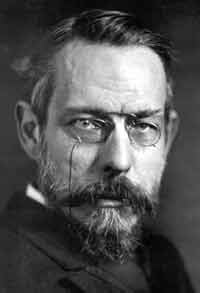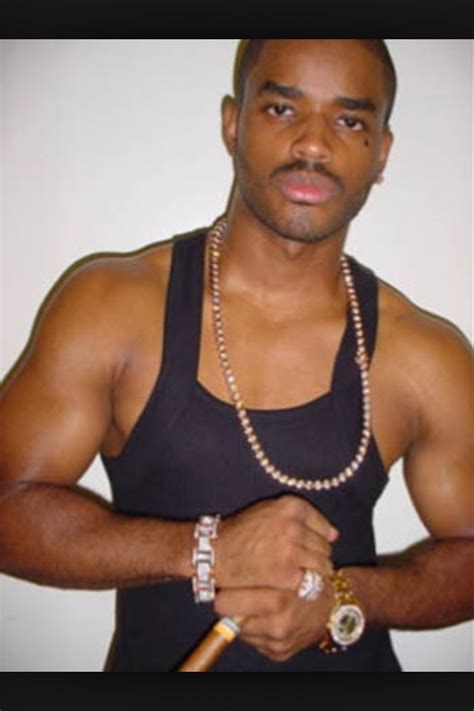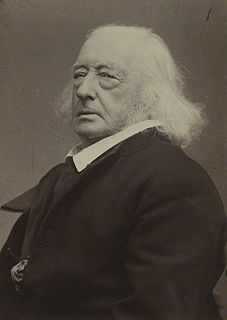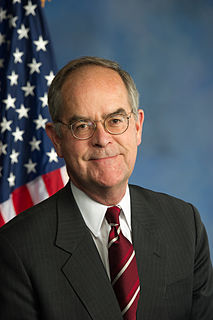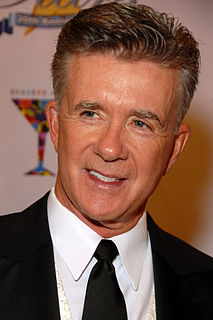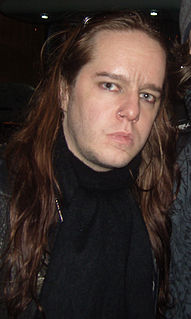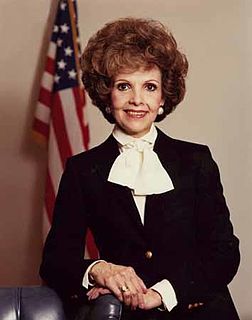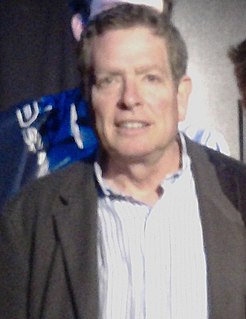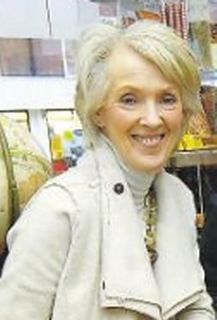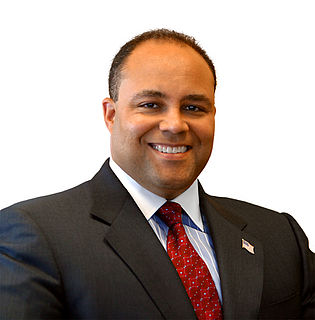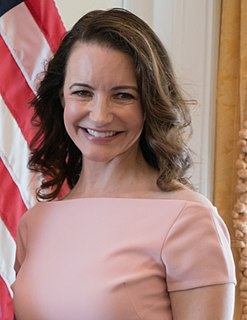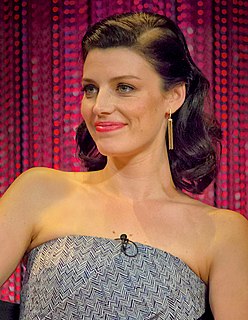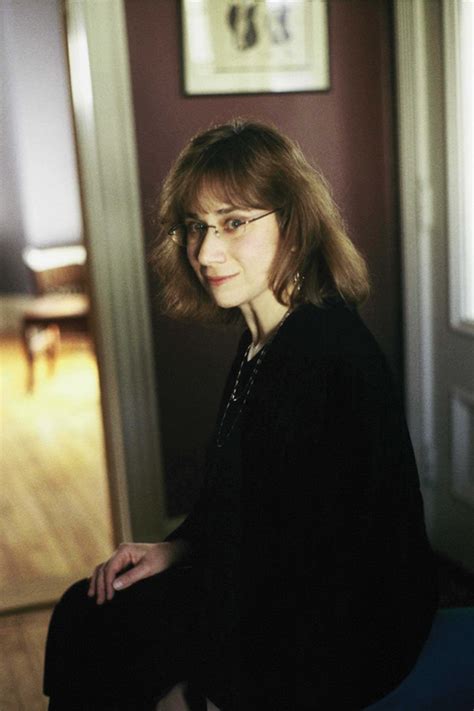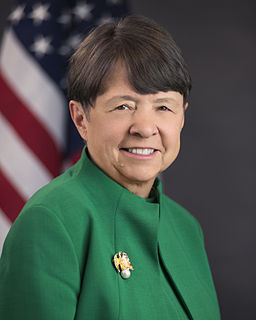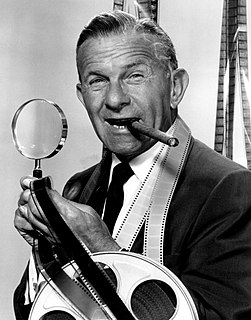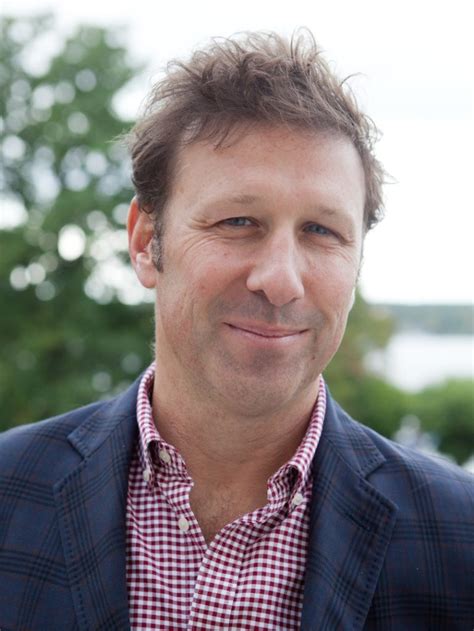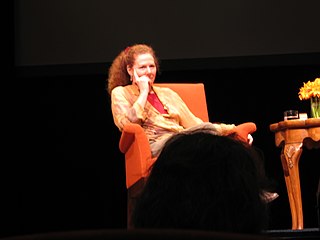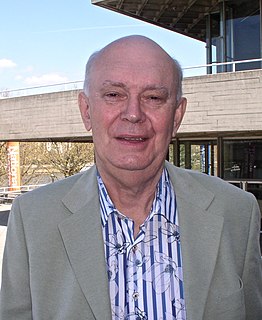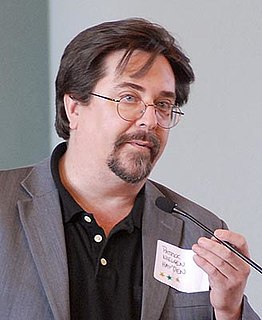Top 1200 Plot Twists Quotes & Sayings - Page 19
Explore popular Plot Twists quotes.
Last updated on December 1, 2024.
I advise, if you're stymied by a passage or paragraph or plot point - whether it's for an assignment from the outside world or one that comes only from within - get up from wherever you're sitting, walk outdoors, and do nothing but look at the sky for five minutes. Just stare at that thing. Then execute a small bow and go back in.
Part of the mystique of shows like 'Curb Your Enthusiasm' is the idea that they begin with a couple of plot lines, and then a bunch of geniuses improvise dialogue. It's not quite that unstructured and loose. It makes for a good urban myth, but everything's a little more tightly scripted and programmed than that.
The plot of a movie is its motor. It is not an accident that people call pictures 'vehicles' for stars. A vehicle has to move. A plotless story is like an expensive car with a wonderful body design, luxurious seats, upholstery, headlights (production, direction, cast) - and no motor under its hood. That is why it gets nowhere.
Creating the characters is the most creative part of the novel except for the language itself. There I am, sitting in front of my computer in right-brain mode, typing the things that come to mind - which become the seeds of plot. It's scary, though, because I always wonder: Is it going to be there this time?
I've calmed down. Looking back, I was engaged more in dramas than I was in relationships. I've spent a lot of my life being in it for the plot, and I don't do that anymore. I'm satisfied. I'm not competing with myself. I accomplished things I wanted to do, so everything I do now is because I want to, not because I'm trying to prove something.
Personally, I avoid deus ex machina like the plague - if you have to use one, it means you failed to set up the universe and the plot properly. It's like a whodunnit where there's no actual way for the reader to identify the perpetrator before the climactic reveal: there's no sense of closure for the reader.
The craft of writing is all the stuff that you can learn through school; go to workshops and read books. Learn characterization, plot and dialogue and pacing and word choice and point of view. Then there's also the art of it which is sort of the unknown, the inspiration, the stuff that is noncerebral.
I actually hope people don't react to 'Impossible' in a way where they think it's terribly retro. The plot needed to do what it needed to do. But I'm a little surprised to find myself looking a little bit like an advocate of teen marriage. It takes some exceptional circumstances for that to be a reasonable idea.
In terms of the breadth of the threat of Al Qaeda itself - it's not the only terrorist organization, and it works with others as cells around the world in at least 60 countries. You potentially are talking about tens of thousands of followers who can be conscripted into service to carry out a terrorist plot.
You have the capacity to change the plot line of your life, even if you've been acting from the same script since before you can remember. No matter what has happened up to this point, you have the right and the capacity to be happy. You are an innately creative being, capable of writing a love story worth living.
We also have to match the skills with the needs of the economy... I think we are losing the plot because we are continuing to produce the people that are not going to be the drivers of industrialisation. So that needs the discipline of both training institutions and policies that drive our people to industrialisation.
My friend Ian Hagemann, a regular at Wiscon, once said on a panel that when he reads science fiction futures that are full of white people and no one else, he wonders when the race war happened that wiped out the majority of the human race, and why the writer hasn’t mentioned such an important plot point.
I always feel funny when I don't reveal things, especially to you [the press], who have supported us so much and are really the big reason we're here. But, we hold back information about the plot because we want to reward the fans for sticking with us, and that's so much fun. That's the funnest part of it.
I studied Hitchcock and Josef von Sternberg under Richard Dillard at Hollins, and that year under his tutelage just completely rewired my brain. Both directors combine moral seriousness with great artistry and, certainly in Hitchcock's case, an enormous respect for plot, for its power to enthrall and delight.
Before this ugly edifice, and between it and the wheel-track of the street, was a grass-plot, much overgrown with burdock, pig-weed, apple-pern, and such unsightly vegetation, which evidently found something congenial in the soil that had so early borne the black flower of civilized society, a prison.

